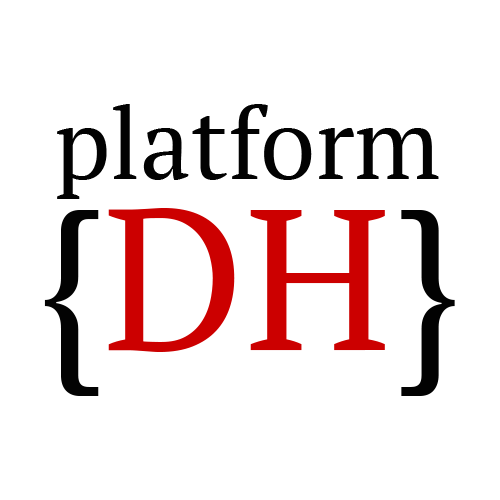Lecture Series: Corina Koolen
S.A.107 Prinsstraat 13, Antwerpen, België, BelgiumGender and the Riddle of Literary Quality
We as readers like to think that we don’t have bias, that we can judge books quite objectively. However, when The Riddle of Literary Quality project did a large survey in the world of people who read Dutch-language books, some subtle (and less subtle) gender biases came to light. In this talk, Koolen explains what the team found and the dozen ways she tried to tease out the cause of this bias.








